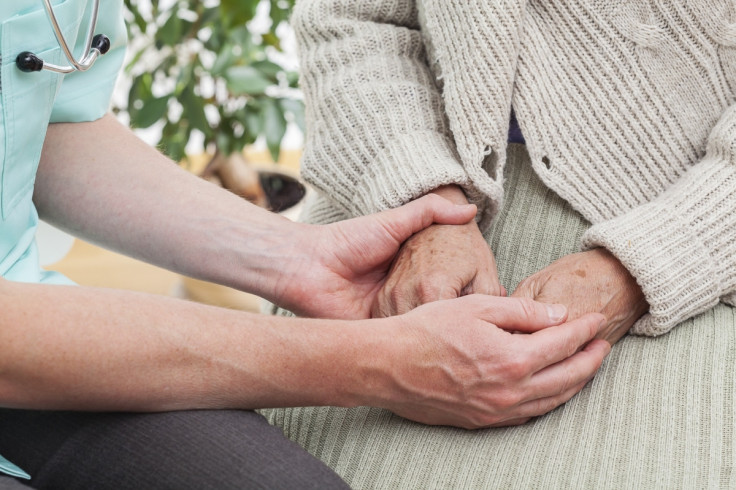How loneliness and social isolation can kill more than obesity
Loneliness is a challenge that requires robust public health measures.

Loneliness and social isolation are a greater public health burden than obesity, scientists have argued. They have gathered robust evidence showing that being lonely increases the risk of premature death.
The research, presented at the 125<sup>th Annual Convention of the American Psychological Association, confirms that more and more American adults are lonely. This trend is likely to continue in coming years.
Recent data obtained thanks to a national survey in the US suggested that 42.6 million adults over the age of 45 are suffering from loneliness and more than a quarter of the US population lives alone, with great declines in the marriage rates observed.
"Being connected to others socially is widely considered a fundamental human need - crucial to both well-being and survival. Extreme examples show infants in custodial care who lack human contact fail to thrive and often die, and indeed, social isolation or solitary confinement has been used as a form of punishment," said lead investigator Julianne Holt-Lunstad, a professor of psychology at Brigham Young University. "Yet an increasing portion of the U.S. population now experiences isolation regularly".
To assess the extent of this phenomenon in other regions of the world and the public health hazard it represents, Holt-Lunstad and colleagues conducted two meta-analyses. They first analysed the findings of 148 previous studies, which had included more than 300,000 participants, and discovered that greater social connection is linked to a 50% reduced risk of early death.
The second analysis they carried out involved 70 studies representing more than 3.4 million individuals primarily from North America but also from Europe, Asia and Australia. The scientists assessed whether social isolation, loneliness and living alone had an impact on mortality.
These investigations revealed that all three had a significant and equal effect on the risk of premature death. This effect even exceeded the effect of obesity - another well-known risk factor of premature death.
"There is robust evidence that social isolation and loneliness significantly increase risk for premature mortality, and the magnitude of the risk exceeds that of many leading health indicators," said Holt-Lunstad. "With an increasing ageing population, the effect on public health is only anticipated to increase. Indeed, many nations around the world now suggest we are facing a 'loneliness epidemic.' The challenge we face now is what can be done about it.
Different measures could be taken to tackle this major public health challenge and reduce the risk of premature mortality.
This includes encouraging doctors to include social connectedness in medical screening, or teaching people to prepare for retirement not just financially but also socially as many social ties are related to the workplace. Finally, "community planners should make sure to include shared social spaces that encourage gathering and interaction, such as recreation centers and community gardens," Holt-Lunstad said.
© Copyright IBTimes 2025. All rights reserved.






















